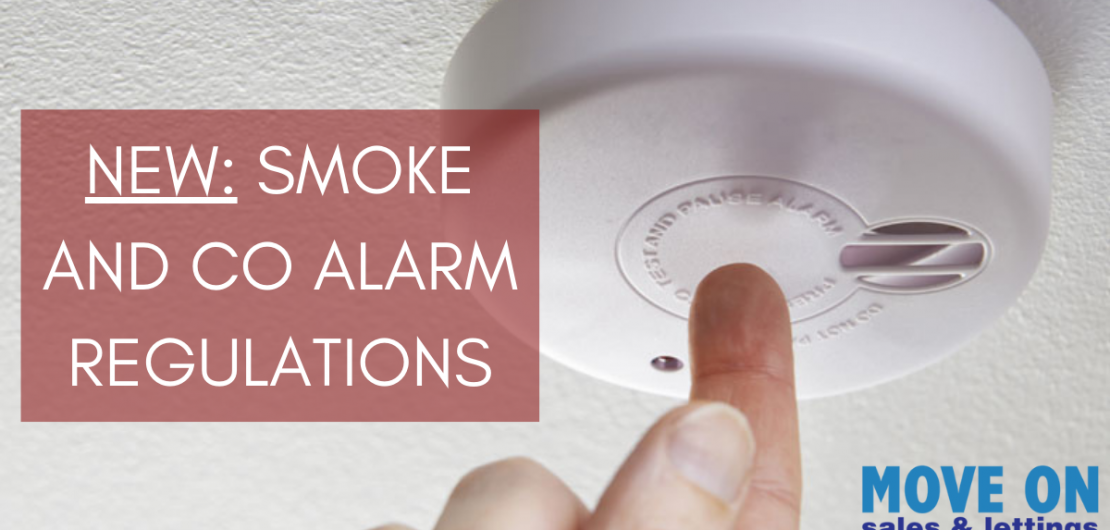
NEW RULES FOR SMOKE AND CO ALARMS IN RENTAL PROPERTIES
As of the 1st October 2022, changes to the regulations for smoke and carbon monoxide alarms in private rented properties are coming into force.
Changes like these are frequent in the rental sector, and it’s vital that you as a landlord, and we as agents, are up to date on the latest legislation.
We’ve put together a short guide below to explain the changes coming up and answer the most common questions we’ve had…
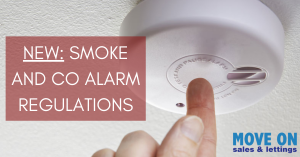
What are the changes?
Smoke Alarms
The regulations for smoke alarms are remaining much the same as the previous regulations from 2015: all private rented homes must have at least one working smoke alarm per storey where there is any room used as living accommodation.
The major change from 1st October is that this now also applies to all social rented homes as well as private rented homes.
Carbon Monoxide Alarms
Carbon monoxide alarms must now be installed in all rooms of a private rented residence where there is a fixed combustion appliance, such as gas & oil-fired burners. These must be in working order at the start of each new tenancy.
There is an exception for rooms with gas cookers – these rooms do not need carbon monoxide alarms, however, if the same room also has a fixed combustion appliance, the regulations still apply.
Previously, CO alarms were only required in rooms with solid fuel combustion appliances, such as wood burners, however the regulations have now been expanded to include the above.
Common Questions
What’s the best way to ensure my property is compliant?
The best way to ensure you and your property are compliant is to make sure you have all the correct alarms in the correct places throughout your property before a new tenant moves in (or during a tenancy if there is already one in place). Make a record, including photos and videos, dated, of when you installed and tested the alarms.
All alarms must then be tested on the day a new tenancy starts, and we recommend keeping a record (videos, etc.) on file of when this was carried out and the outcome, as well as when each alarm expires.
Who is responsible for compliance?
The landlord of any rented property is responsible, by law, to ensure all correct steps have been taken to ensure the above regulations are in place. However, with the right agent on hand, you should be able to sit back and know your property is in good hands.
How should alarms be properly tested?
Testing of smoke and CO alarms should always be straightforward for anyone to do. This can include pressing a ‘TEST’ button on the appliance, among other things, but should be explained in the installation guide and instructions when purchased/installed.
At Move On, with our managed service, we provide testing for all smoke and CO alarms on the morning of a new tenancy, as well as providing all new tenants with a detailed guide on testing and reporting faulty alarms.
What should I do if my tenants report, or it is found, that an alarm is not working?
The regulations require landlords or agents to repair or replace any alarms (smoke or carbon monoxide) once they have been informed of a fault. From 1st October this will apply for all new and existing tenancies, so it’s imperative that you are checking all your rental properties are compliant before this date.
If agents or landlords are found not to have done this in a timely manner, local authorities may issue a remedial notice to enforce replacement or repair, and these must be carried out within 21 days.
What type of alarms are required?
The regulations don’t stipulate the type of alarms that must be used, but do recommend smoke alarms that are British Standards BS 5839-6 compliant and CO alarms that are British Standards BS 50291 compliant.
Please note: heat detectors are NOT a compliant replacement for smoke alarms.
What happens if my property is not compliant?
If a landlord or agent is found not to have taken all reasonable steps to comply, local authorities may impose a fine of up to £5000 per breach of the regulations.
Are there any exceptions?
Similarly to the 2015 regulations, there are exemptions for various types of property, including shared accommodation with a landlord/landlord’s family, student halls, hostels and refuges, care homes, hospitals and hospices, other healthcare-related accommodation, among others.
REMEMBER: all private rented properties must have the regulations in place by the 1st October. There is no excuse, for the safety of yourself, your property and your tenants.
Confused by all the new legislation? Let us take care of everything.
Get in touch with us to help check your property’s compliance and make sure everything is up to date…
Tel: 01202 711169
Email: sharon@moveon.biz

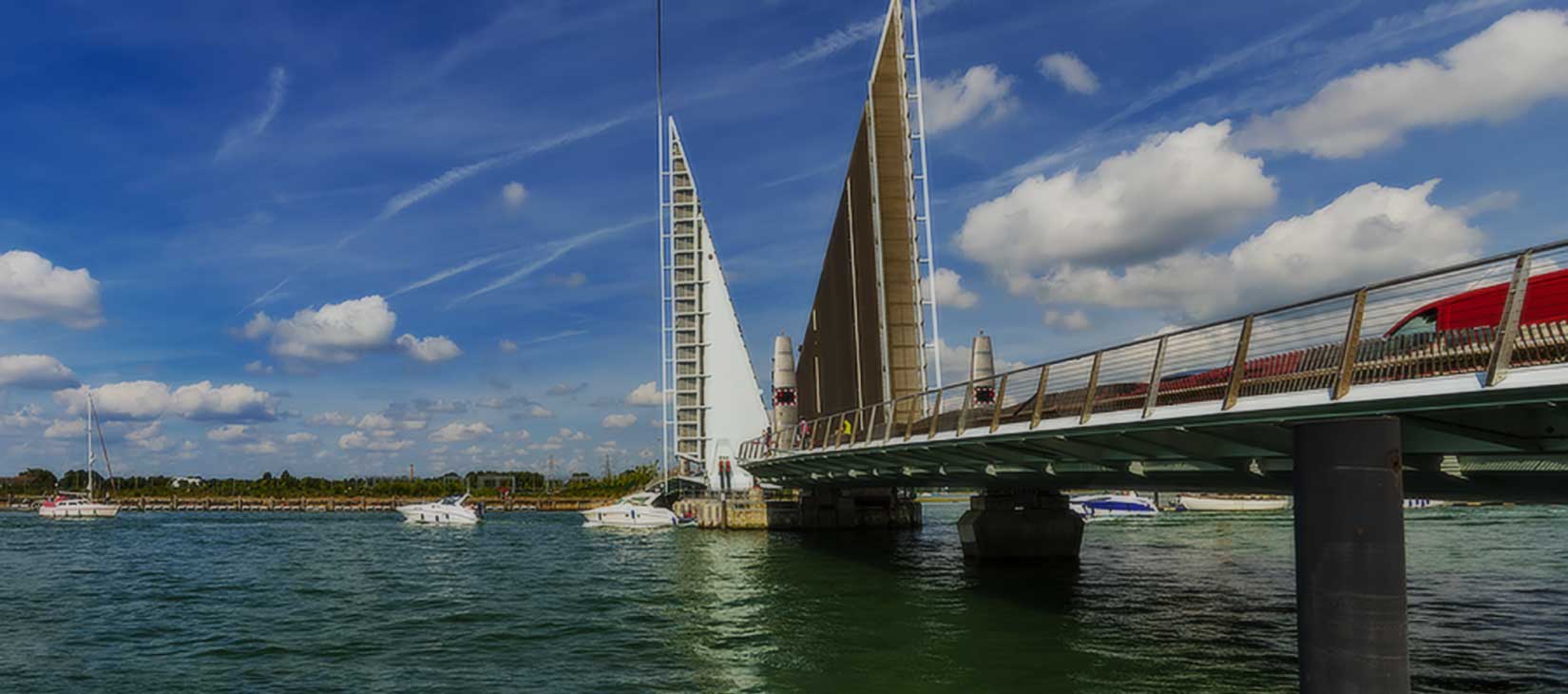
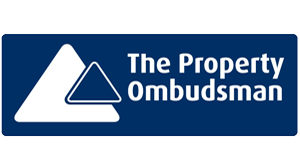


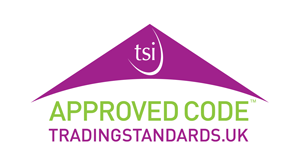

 Investment Properties
Investment Properties